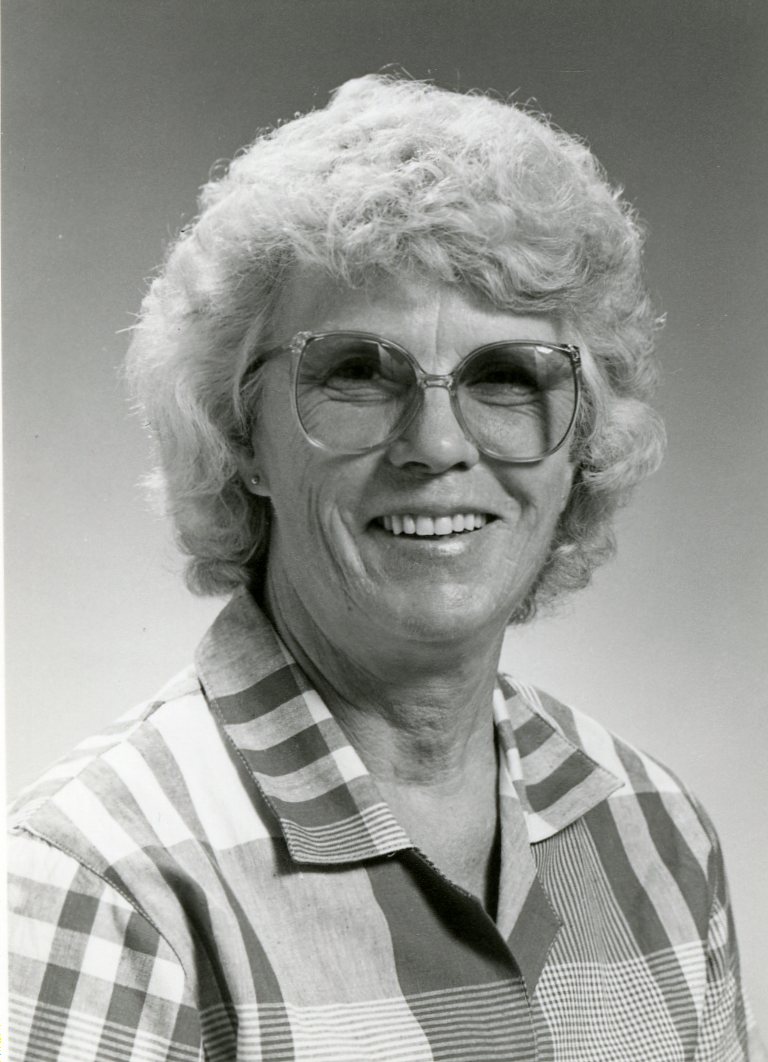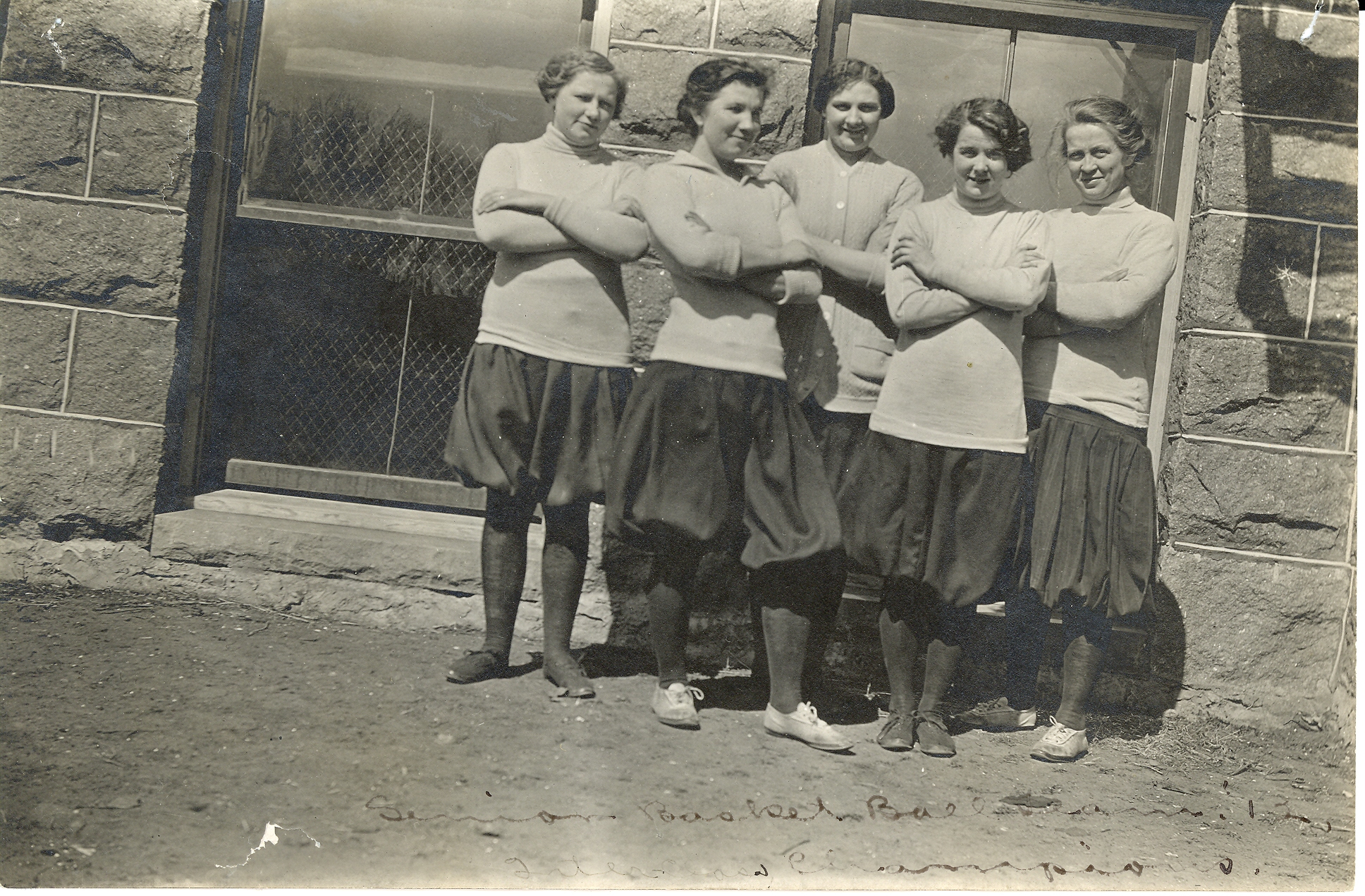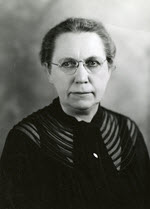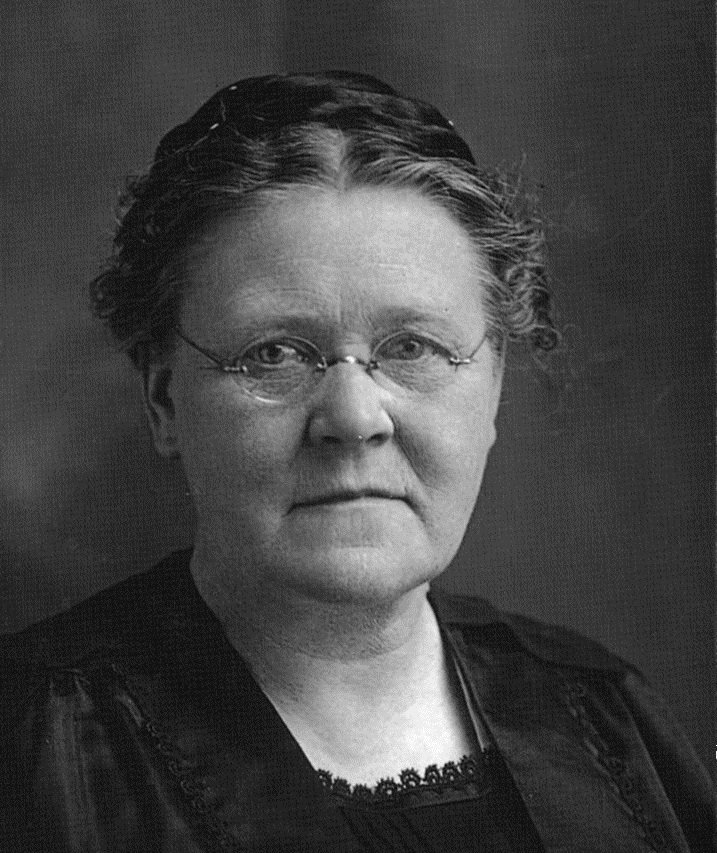 Vivian Wensel was a faculty member of the Concordia physical education program for thirty-five years. She taught over twenty different classes and coached the women’s badminton and golf teams. Through her work on campus and in May travel seminars abroad, she provided a positive role model for young female athletes at Concordia.
Vivian Wensel was a faculty member of the Concordia physical education program for thirty-five years. She taught over twenty different classes and coached the women’s badminton and golf teams. Through her work on campus and in May travel seminars abroad, she provided a positive role model for young female athletes at Concordia.
Browse Entries
|
|
|
|
|
|
|
Concordia College’s campus houses a select number of academic buildings named after various benefactors as well as historical figures significant to Minnesota. The oldest building on campus, Bishop Whipple, is named after the Epsicopal Bishop Henry Benjamin Whipple. The structure, formerly the home of the Bishop Whipple Academy, was purchased by the Northwestern Lutheran College Association in 1891 in order to establish a Norwegian Lutheran school in Moorhead. While many Concordia students and faculty learn and work in this building on a daily basis, most are unaware of the work done by Bishop Whipple, the namesake of this iconic Concordia building. More so, Bishop Whipple’s connection to and work done for the Dakota and Ojibwe peoples from our region, which is unknown to most of the Concordia population, must be assessed and recognized at a campus wide level. Through his passions and labors, Bishop Whipple helped 265 Dakotas obtain pardon from execution after the US-Dakota War. After this, Whipple continued his mission of advocacy for Native Americans, continuing the work of his missions across the state of Minnesota as well. |
|
|


